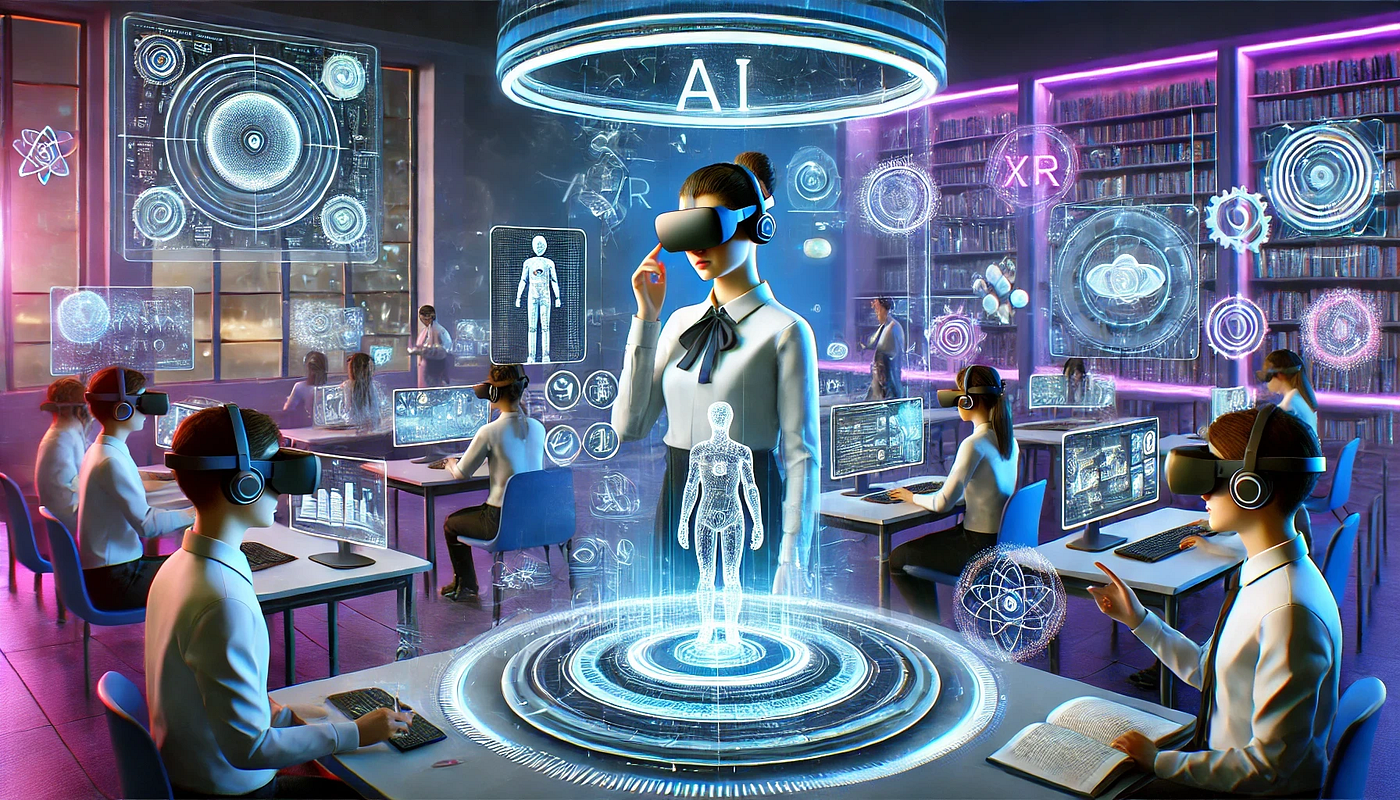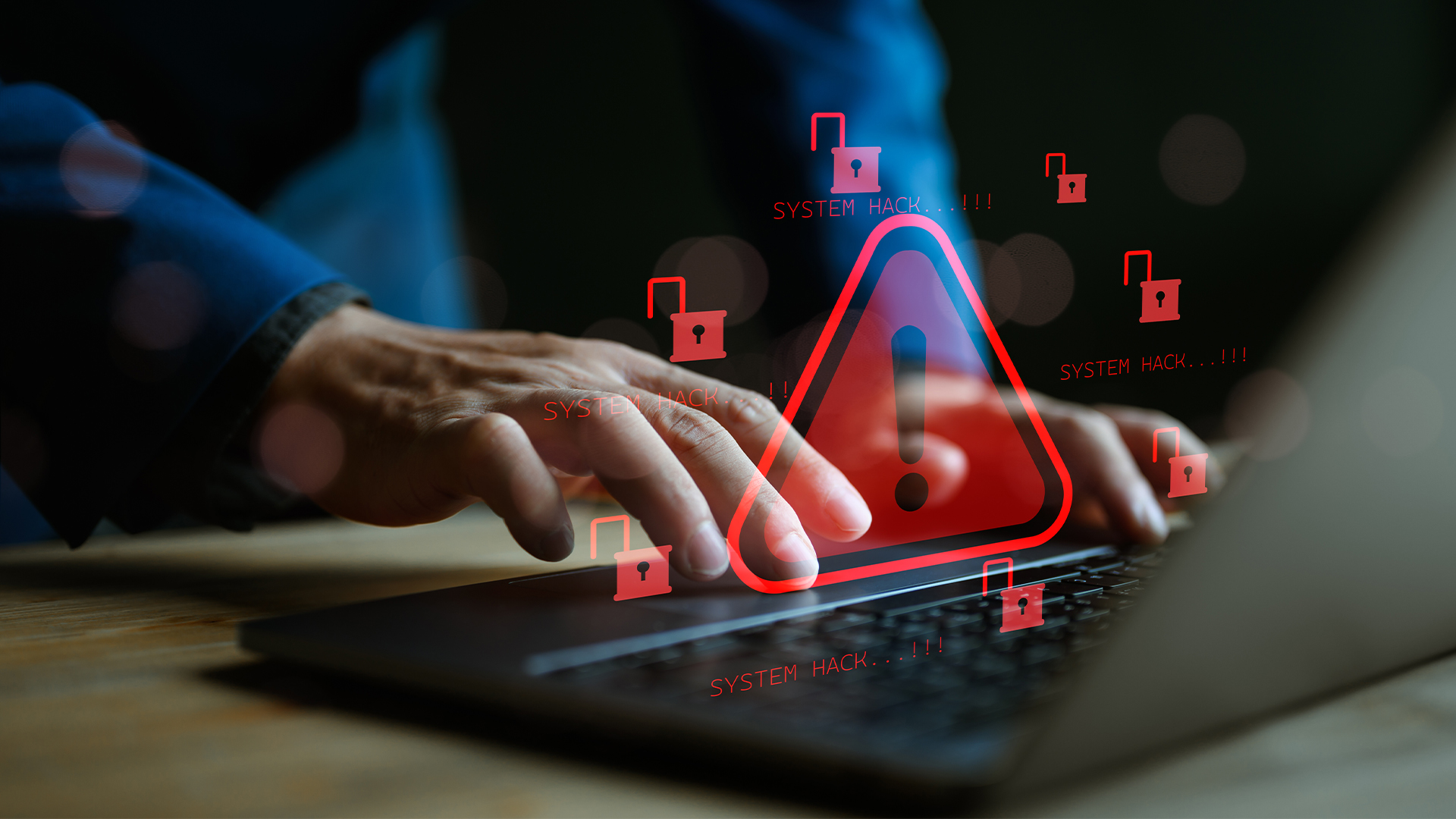Education Technology Evolution: AI-Powered Learning and Campus Digitization
The education sector is undergoing a fundamental transformation driven by artificial intelligence, cloud computing, and data analytics technologies. Educational institutions worldwide are implementing comprehensive digital strategies that enhance student learning outcomes, improve operational efficiency, and enable new models of education delivery. Recent studies indicate that institutions with mature EdTech implementations achieve 25% higher student engagement and 30% improvement in administrative efficiency.
AI-Powered Learning Platforms
Personalized Learning and Adaptive Content
Modern learning management systems integrate artificial intelligence to create personalized educational experiences:
Adaptive Learning Algorithms
AI-powered platforms analyze student learning patterns, knowledge gaps, and preferences to automatically adjust content difficulty, pacing, and presentation methods. These systems provide individualized learning paths that optimize comprehension and retention for each student.
Intelligent Content Recommendation
Machine learning algorithms analyze student performance data, learning objectives, and peer success patterns to recommend supplementary materials, practice exercises, and learning resources that align with individual learning needs and career goals.
1. Natural Language Processing for Education
Emerging Standard
Advanced NLP capabilities transform how students interact with educational content and systems:
Automated Essay Scoring and Feedback
- Real-time writing assessment and improvement suggestions
- Grammar, style, and content analysis with detailed feedback
- Plagiarism detection and academic integrity monitoring
- Multi-language support for diverse student populations
Intelligent Tutoring Systems
- Conversational AI for 24/7 student support and guidance
- Subject-specific question answering and explanation
- Automated homework assistance and concept clarification
- Integration with curriculum standards and learning objectives
Campus Digital Infrastructure
2. Cloud-First Campus Architecture
Industry Best Practice
Educational institutions are migrating to cloud-based infrastructure to support remote learning and operational scalability:
Unified Communications and Collaboration
- Video conferencing and virtual classroom capabilities
- Real-time document collaboration and file sharing
- Mobile-first access for students, faculty, and staff
- Integration with learning management and student information systems
Identity and Access Management
- Single sign-on (SSO) across all campus applications and resources
- Multi-factor authentication for enhanced security
- Role-based access control for different user types
- Privacy protection and compliance with educational regulations
3. Student Information Systems Modernization
Operational Necessity
Modern SIS platforms provide comprehensive student lifecycle management:
Integrated Student Services
- Enrollment and registration automation with waitlist management
- Financial aid processing and scholarship management
- Academic progress tracking and early warning systems
- Career services integration and alumni engagement
Analytics and Reporting
- Student success predictive modeling and intervention strategies
- Institutional effectiveness measurement and accreditation support
- Resource allocation optimization and capacity planning
- Compliance reporting for federal and state requirements
Advanced Learning Analytics
4. Predictive Analytics for Student Success
Strategic Capability
Educational institutions leverage data analytics to improve student outcomes and retention:
Early Warning Systems
- Automated identification of at-risk students based on multiple data points
- Intervention recommendation and case management workflows
- Faculty notification and student support coordination
- Continuous monitoring and outcome tracking
Learning Outcome Assessment
- Competency-based assessment and skills tracking
- Program effectiveness evaluation and curriculum optimization
- Employer feedback integration and job market alignment
- Accreditation support and evidence collection
5. Research and Innovation Support
Academic Excellence
Technology platforms enable enhanced research capabilities and collaboration:
Research Data Management
- Secure storage and sharing of research data and publications
- Collaboration tools for multi-institutional research projects
- Grant management and funding opportunity identification
- Intellectual property protection and technology transfer support
High-Performance Computing
- Cloud-based research computing resources and scalability
- Specialized software and simulation environment access
- Data analysis and visualization tool provisioning
- Training and support for research computing capabilities
Digital Campus Safety and Security
Campus Security Integration
Modern campus security systems integrate multiple technologies for comprehensive safety:
Emergency Management Systems
- Mass notification capabilities across multiple communication channels
- Real-time location tracking for emergency response coordination
- Integration with local law enforcement and emergency services
- Crisis communication and family notification automation
Access Control and Monitoring
- Card-based access control with real-time monitoring
- Video surveillance with AI-powered analytics
- Visitor management and contractor tracking
- Integration with campus law enforcement and incident reporting
Online and Hybrid Learning Models
6. Distance Learning Platform Enhancement
Pandemic-Driven Innovation
Educational institutions have expanded online learning capabilities with sophisticated platforms:
Synchronous and Asynchronous Learning Support
- Live streaming and recording capabilities for lectures and seminars
- Interactive whiteboard and annotation tools
- Breakout room functionality for small group collaboration
- Assessment and proctoring tools for academic integrity
Student Engagement and Community Building
- Virtual office hours and tutoring sessions
- Online student organization support and event management
- Social learning features and peer interaction tools
- Mental health and wellness resource integration
Administrative Automation
Business Process Optimization
Educational institutions implement automation to improve administrative efficiency:
Financial Management and Billing
- Automated tuition calculation and billing processes
- Payment plan management and collection automation
- Budget planning and expense tracking integration
- Grant and contract management workflow automation
Human Resources and Faculty Management
- Faculty performance evaluation and tenure tracking
- Professional development and training management
- Scheduling optimization for courses and facilities
- Compliance monitoring for employment regulations
Data Privacy and Compliance
Educational Data Protection
Institutions must balance technology innovation with strict privacy requirements:
FERPA Compliance Management
- Student data access control and audit trail maintenance
- Consent management for data sharing and research
- Data retention and deletion policy enforcement
- Third-party vendor assessment and contract management
International Student Support
- Immigration status tracking and compliance reporting
- Visa processing support and documentation management
- Cultural integration program management
- International partnership and exchange program administration
Implementation Strategies
Institutional Digital Transformation
Successful EdTech implementations require comprehensive planning and change management:
Stakeholder Engagement and Training
- Faculty professional development and technology adoption support
- Student digital literacy and platform training programs
- Staff workflow optimization and process reengineering
- Parent and community engagement for K-12 institutions
Technology Integration and Support
- Phased rollout with pilot programs and feedback collection
- 24/7 technical support and helpdesk services
- Regular system updates and feature enhancement
- User feedback collection and continuous improvement
Future Trends and Innovation
Emerging Technologies in Education
Educational institutions are exploring next-generation technologies:
Virtual and Augmented Reality
- Immersive learning experiences for complex subjects
- Virtual field trips and laboratory simulations
- Historical and cultural experience recreation
- Skills training and professional simulation
Blockchain for Credentialing
- Secure diploma and certificate verification
- Micro-credentialing and digital badge management
- Transfer credit validation and acceptance
- Professional certification and continuing education tracking
Measuring Educational Technology Success
Key Performance Indicators
Institutions track EdTech effectiveness through comprehensive metrics:
Student Success Metrics
- Course completion rates and grade improvement
- Student satisfaction and engagement scores
- Retention and graduation rate improvements
- Post-graduation employment and career advancement
Operational Efficiency Metrics
- Administrative cost reduction and process automation
- Faculty productivity and teaching effectiveness
- Technology adoption rates and user satisfaction
- System uptime and performance optimization
The education sector's embrace of advanced technologies represents a fundamental shift toward data-driven, personalized, and accessible learning experiences. Institutions that successfully implement comprehensive EdTech strategies will be better positioned to serve diverse learner populations, improve educational outcomes, and maintain competitive advantage in an evolving educational landscape.




